Advocacy: Ending Youth Homelessness
Our more than 50-year history of serving homeless and trafficked youth has shown us that ending youth homelessness demands a bold and holistic plan. We call our road map, The Journey Home.
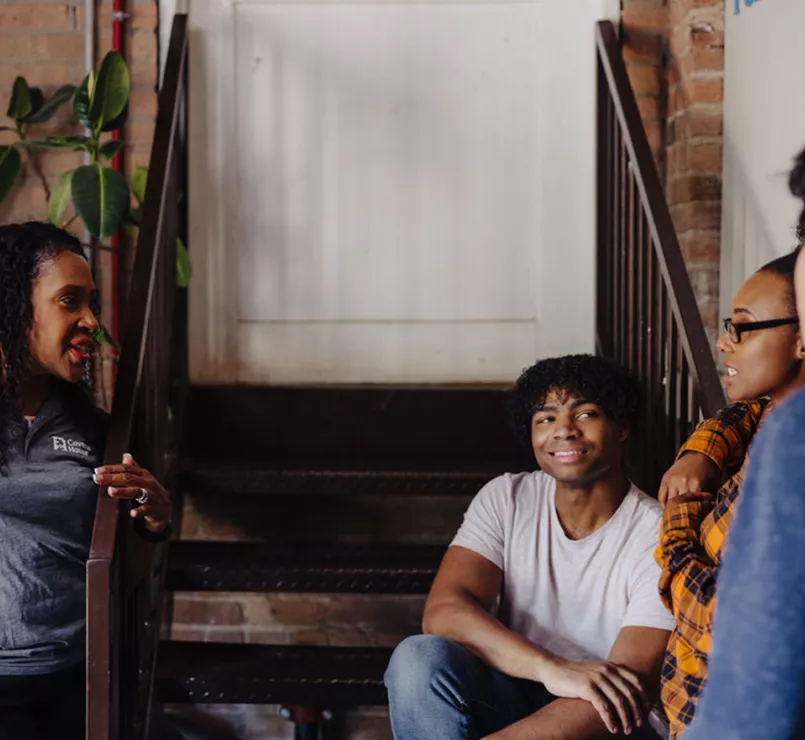
The Journey Home
Right now, across the United States and Canada, more than 4.2 million young people experience homelessness each year. In Central America and Mexico, more than 4.1 million children were in need of humanitarian assistance in 2024, including children on the move and in communities impacted by violence. Every year, in the U.S. and Canada, the rate of homelessness jumps 12%. So, if we as societies do nothing, if we make no new investments or interventions to stem this tide, the homeless youth population in the U.S. and Canada alone could reach 14.7 million young people by the year 2035.
The Journey Home, developed through consultation with youth and program leaders across our federation, will create the conditions necessary to end youth homelessness as we know it today across the Americas, where Covenant House operates programs.
Enhancing federal policies and programs to address the urgent needs of homeless youth more effectively must be paired with system reforms, effective services and support, and a pathway to affordable-for-youth housing.
We group our recommendations into three categories, Prevention, Intervention, and Restoration.
Our Strategic Plan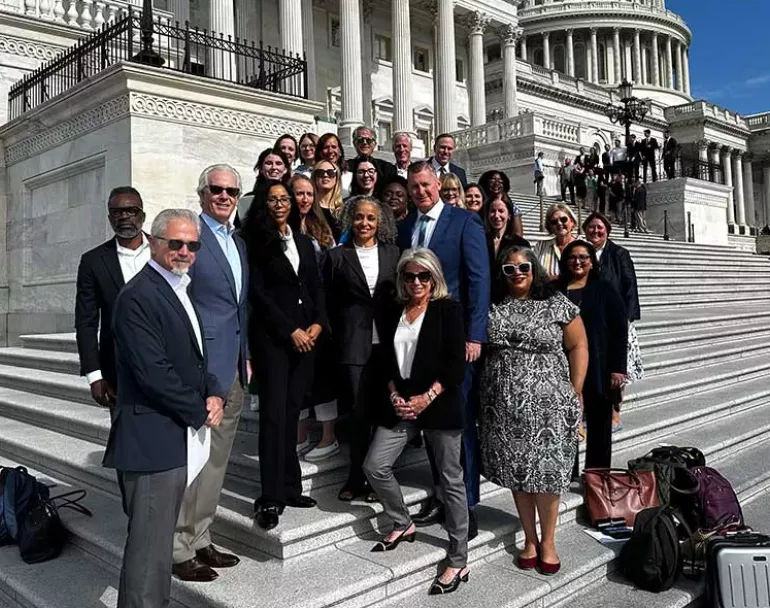
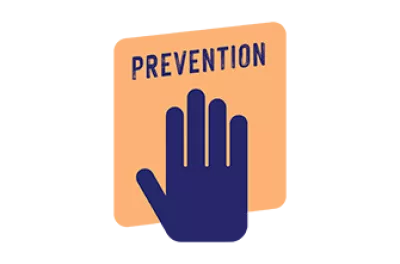
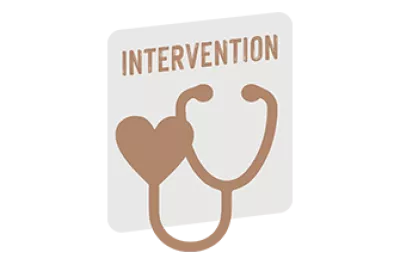
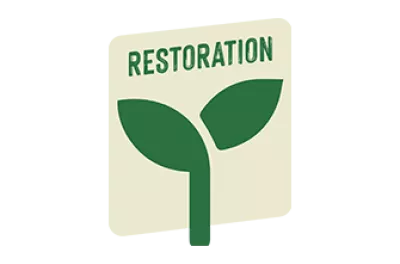
The Journey Home Pathway
Covenant House's vision for ending youth homelessness as we know it today.
Advocacy Guiding Principles
Covenant House's approach to advocacy is grounded in the following principles:
- We oppose any policy responses that stigmatize our youth and create barriers to accessing critical services and supports.
- We support policies that recognize the different experiences and traumas among youth experiencing homelessness and advance proven, youth-focused policies and practices which create conditions to prevent and end youth homelessness for all young people.
- We value the expertise within our federation. Our leaders and front-line teams know what works and what doesn’t and can share the most compelling stories. We engage with our leaders and staff at every step of the way and include them whenever possible in key strategies.
- We love data. Data builds our case and is key to illustrating best practices with opportunities to scale that are fundable.
- We honor and hold true lived experiences and strive to include youth in all policy solutions and engagement with leaders. “Nothing about us, without us,” our youth ambassadors and advocates exclaim.
You Can Change a Young Life Today.
Your gift today will ensure we can continue to fight human trafficking and relentlessly support young people facing homelessness.


